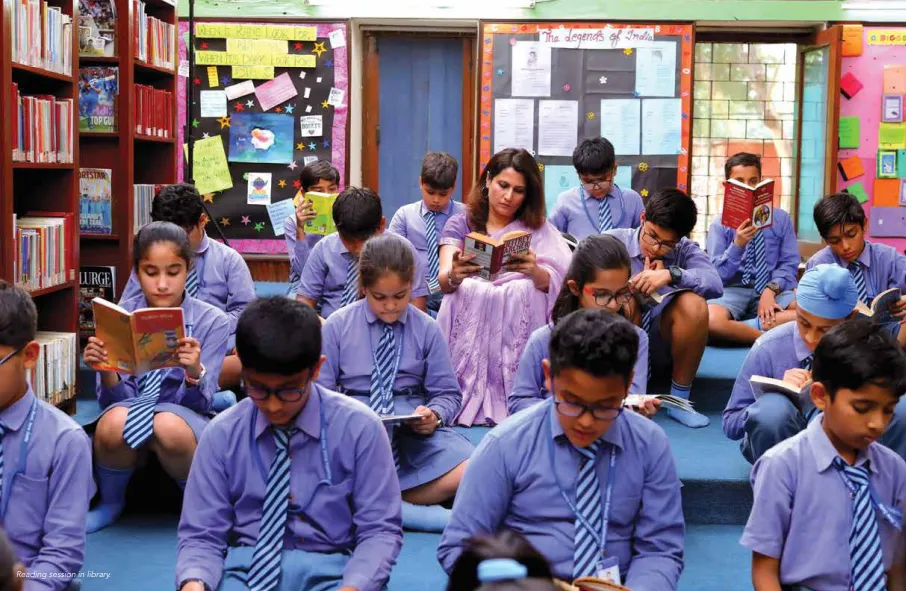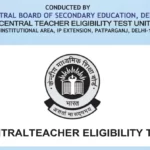CBSE: Pros and Cons of CBSE Educational Board
The Central Board of Secondary Education (CBSE) is a premier educational Board in India. A name that resonates in households across India, sparking debates on its efficacy and relevance. Like any educational system, CBSE has its merits and shortcomings, shaping the educational landscape for millions of students.
CBSE is a national-level board, recognized by the Government of India. Its curriculum and examinations are accepted by universities and educational institutions across the country. This national recognition adds a sense of standardization and credibility to the education provided by CBSE-affiliated schools.
CBSE follows a standardized curriculum, ensuring consistency in education across the nation. This uniformity is perceived positively by parents and students, as it means that students can seamlessly transition between schools without facing significant variations in the syllabus.
Why is CBSE so Popular in India?
CBSE is a student friendly Board. It provides flexibility in choice of subjects and combination of courses with its vast offering of 72 subjects at the secondary level and 142 subjects at senior secondary level. The Board defines appropriate approaches of academic activities to provide stress free, child centred and holistic education to all children without compromising on quality. Various innovative approaches are followed to achieve academic excellence in conformity with psychological and pedagogical principles.
CBSE aims to provide a focused curriculum for Health and Physical Education imbued with Life Skills in all its affiliated schools. Therefore, a streamlined and well-designed Health and Physical Education Program has been introduced to mainstream health and physical education in schools especially for students of class I-XII. To give impetus to Sports and Physical Education, the Board has made it compulsory for all schools to ensure a daily sports period for classes 1 to 12. This will lead to better stress management for children, create a better environment for learning and enable students to attain an optimum state of health.

CBSE Pros:
Standardized Curriculum:
CBSE offers a standardized curriculum across the country, providing a sense of uniformity in education. This ensures that students, regardless of their geographic location, have access to a similar academic framework.
National Level Examinations:
CBSE conducts national-level examinations like the All India Senior School Certificate Examination (AISSCE), creating a benchmark for student performance. These standardized exams contribute to a fair evaluation system and help in the comparison of academic achievements on a national scale.
Focus on Continuous and Comprehensive Evaluation (CCE):
CBSE has embraced the Continuous and Comprehensive Evaluation (CCE) system, emphasizing a holistic approach to student assessment. This move encourages a more comprehensive understanding of a student’s capabilities beyond traditional exam scores.
Emphasis on Application-Based Learning:
The CBSE curriculum increasingly integrates application-based learning, aiming to go beyond rote memorization. This approach fosters critical thinking and problem-solving skills, preparing students for real-world challenges.
Wider Acceptance in Higher Education:
CBSE is widely recognized by universities and colleges in India, making the transition from school to higher education smoother for students. The board’s credibility is often seen as an advantage in the competitive landscape of college admissions.
CBSE Cons:
Rote Learning Concerns:
One of the common criticisms directed at CBSE is the prevalence of rote learning. Critics argue that the emphasis on exams and memorization may hinder the development of a deeper understanding of subjects.
Heavy Syllabus Load:
Some argue that the CBSE syllabus is extensive, potentially leading to a high-pressure environment for students. The volume of information to be covered within a limited timeframe can be overwhelming for some learners.
Limited Regional Diversity:
Critics suggest that the CBSE curriculum might not adequately reflect the regional and cultural diversity of India. A more localized approach to education could address the diverse needs of students across different states.
Uniformity vs. Individuality:
The standardized nature of CBSE can be a double-edged sword. While it ensures a common educational framework, it may not cater to the individual learning pace and style of every student.












 Previous Post
Previous Post Next Post
Next Post